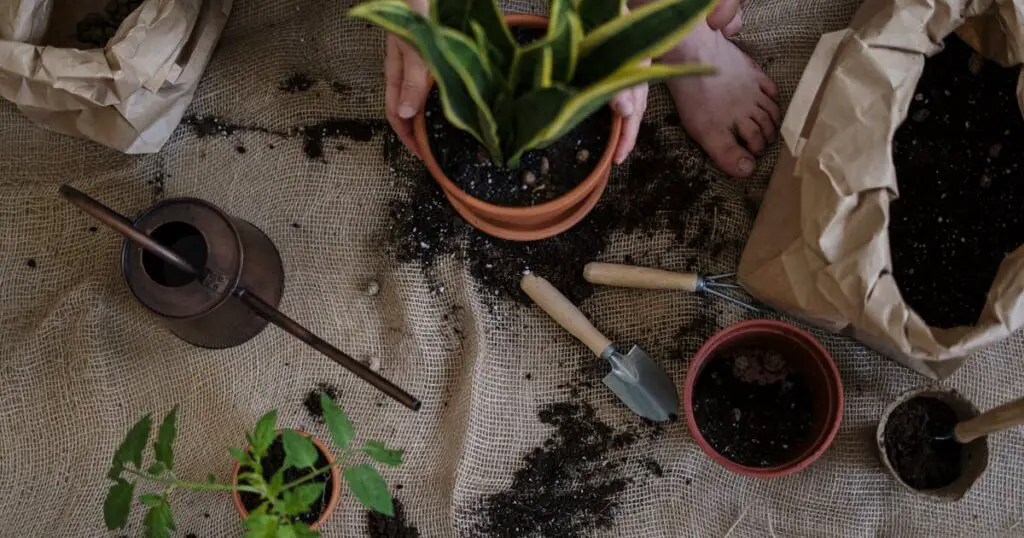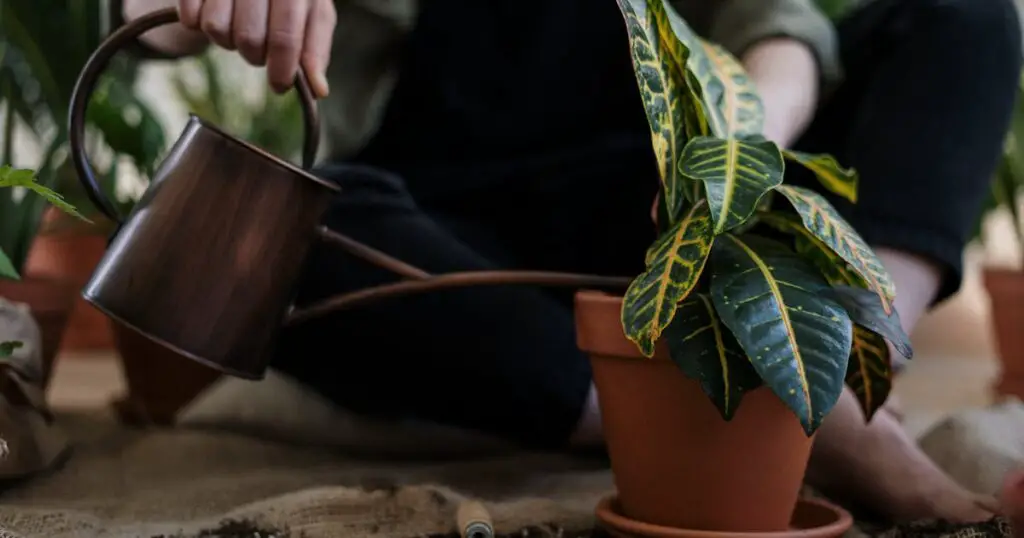Are you one of those people who are always looking for natural remedies to stay healthy and fit? Do you enjoy gardening or want to start your own herb garden but don’t know where to begin? Look no further! In this article, we will guide you on how to start your own medicinal herb garden right in your backyard.
Growing your own medicinal herbs at home not only adds beauty to your garden but also provides you with a sustainable and natural source of remedies. With the rise in popularity of alternative medicine, more and more people are turning towards growing their own herbs for personal use.
And why not? It is cost-effective, easy, and most importantly, you have full control over the growth process, ensuring that your herbs are free from any chemicals or pesticides.

A Beginner’s Guide to Starting Your Own Medicinal Herb Garden
Whether you have a sprawling garden or just a small balcony, growing your own medicinal herbs is possible for everyone. Here are some simple steps to get you started:
- Decide on the location: Choose an area that receives ample sunlight and has good drainage. If you have limited space, consider using pots or vertical gardening techniques.
- Prepare the soil: Medicinal herbs thrive in well-drained, nutrient-rich soil. You can either buy potting mix from a garden store or create your own by mixing compost with regular soil.
- Choose your herbs: Consider the purpose of growing medicinal herbs and choose accordingly. Do you want to grow herbs for general health and wellness or target specific ailments?
- Start with seeds or seedlings: Depending on the herb, you can start from seeds or buy young plants from a nursery.
- Nurture your herbs: Water regularly, keep pests away, and provide support for climbing plants if needed.
- Harvesting: Once your herbs have matured, you can start harvesting them. Be sure to research the best time and method for each herb.
Benefits of Growing Your Own Medicinal Herbs
Aside from adding flavor to your food or making tea, there are many benefits to growing your own medicinal herbs at home:
- Cost-effective: Buying fresh herbs from a store can be expensive, but growing them at home can save you money in the long run.
- Quality control: By growing your own herbs, you have complete control over the quality and purity of the herbs you are consuming.
- Sustainability: Growing your own medicinal herbs promotes sustainability by reducing carbon emissions from transportation and minimizing waste from packaging.
- Better nutrition: Freshly picked herbs contain more nutrients compared to store-bought ones that may have been sitting on shelves for days.
Planning Your Medicinal Herb Garden
Before starting your garden, it is essential to plan and research which herbs will work best for you. Here are some factors to consider:

- Climate: Some herbs thrive in warm weather while others prefer cooler temperatures. Be sure to choose medicinal herbs that can grow well in your climate.
If you live in a colder region, consider growing herbs indoors.
- Space: As mentioned earlier, the amount of space you have available will determine the size and layout of your garden. Be sure to choose herbs that can grow well in pots or smaller spaces if needed.
- Purpose: Consider why you are growing these herbs. Are they for general health and wellness or targeted towards specific ailments? This will help you determine which herbs to choose.
- Companion planting: Certain plants grow better together, so consider companion planting in your herb garden. For example, basil and thyme are known to enhance the flavor of tomatoes when planted nearby.
Top 10 Medicinal Herbs to Grow
Now that you have an idea of how to start your medicinal herb garden, here are ten popular herbs you can grow at home:
- Chamomile: Known for its calming properties, chamomile is commonly used to relieve anxiety, promote sleep, and soothe upset stomachs.
- Lavender: This fragrant herb has a variety of uses, from relieving headaches and promoting relaxation to soothing skin irritations.
- Peppermint: With its refreshing scent, peppermint is excellent for aiding digestion, relieving headaches and cold symptoms, and boosting energy.
- Rosemary: A popular herb in cooking, rosemary also boasts many health benefits such as improving memory and reducing inflammation.
- Echinacea: Often used to boost the immune system, echinacea has anti-inflammatory properties and may also help with respiratory infections.
- Calendula: This vibrant flower has many medicinal properties, including anti-inflammatory, antibacterial, and antifungal effects.
- Ginger: Known for its spicy flavor, ginger is also used to relieve nausea, reduce inflammation, and soothe sore throats.
- Sage: This herb has antimicrobial properties and is commonly used to relieve sore throats and improve memory.
- Thyme: With its pleasant aroma, thyme is a versatile herb with many health benefits, including boosting immunity and relieving respiratory issues.
- Lemon Balm: This herb has a refreshing lemony scent and is known for its calming effects, making it helpful for stress relief and promoting sleep.

FAQs
In this section, we will be delving into some of the most common inquiries and curiosities that surround our topic.
Can I grow medicinal herbs indoors?
Yes, you can! Just be sure to provide enough sunlight or use artificial lighting.
How often do I need to water my herbs?
It depends on the herb and the weather conditions. Generally, herbs prefer well-drained soil, so it is essential not to overwater them.
Can I make my own herbal remedies using these herbs?
Absolutely! Just be sure to research proper harvesting and preparation methods for each herb. Alternatively, you can consult with a trained herbalist for guidance.
Conclusion: Medicinal Herbs You Can Grow at Home?
Starting your own medicinal herb garden is not just an enriching experience, but it’s also a step towards living a more sustainable and health-conscious life. By following the guidelines and tips shared in this guide, you’re well on your way to cultivating a beautiful, thriving garden of herbs that can enhance your health and well-being.
Remember, every little effort counts and your commitment to growing your own herbs is a meaningful contribution to both your community and the environment.



Leave a Comment
You must be logged in to post a comment.